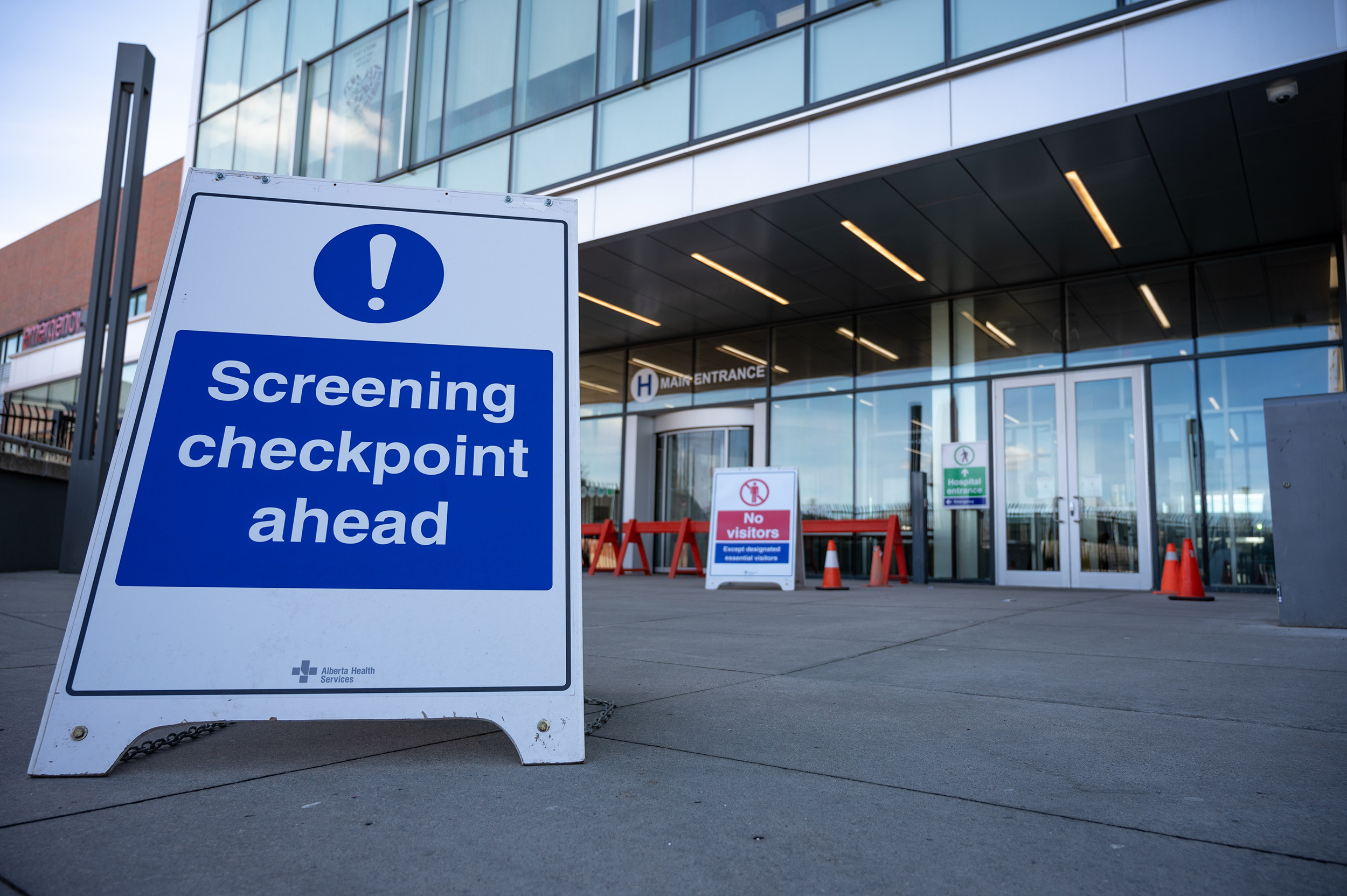If you’re an international doctor planning to make Canada your home, opening your own medical practice is something you might be considering. While the paperwork and licensing process that international doctors need to go through to get licensed in Canada can be lengthy, once you’re fully qualified as a Canadian doctor there’s nothing stopping you from setting up shop for yourself.
Many Canadian doctors find owning their own practice a fulfilling, professionally advantageous option for having more control over their finances and their career. Sound interesting? Here are five things to keep in mind as an international doctor looking to open a practice in Canada:
1. Decide on a Practice Structure
In Canada, there are plenty of options for how physicians can incorporate or run a practice. You could run a group practice with other doctors, open an independent practice by yourself, work for a hospital as a contractor, or operate as a locum tenens physician. All of these structures for your medical services have various advantages and disadvantages, especially for international doctors. The best practice structure for you is the one that works for your specific situation, so make sure to take into account:
- Startup Costs: Like any business, starting your own medical clinic can get expensive, especially in the beginning, when you might need a large capital investment (or loan) to get going. For newcomers to Canada, this large investment or loan might not be feasible right away. If you’re fairly new to Canada and still missing factors like a credit score, it might be best to join a hospital or employer based practice for a few years before striking out on your own. However, if you know other doctors and are planning to join them in a group practice or partnership where there’s a smaller investment up front, you might be able to go solo sooner.
- Financial Risks: Depending on your tolerance for risk and your current financial situation (like whether or not you live alone or are supporting family, whether you’re married or have children, and whether you’ve paid down your other loans in Canada or abroad) you might have more or less tolerance to the kinds of risks that go along with practice ownership. Those with more risk tolerance might consider a solo practice or a partnership, depending on their specialization, and those with less might consider a group practice, locum work, or work as a contractor.
- Your Ability to Work With Others: Group practices and partnerships require you to work with other doctors, at least to some degree, on human resources issues and around capital decisions. Whether you’re working with Canadian doctors or other international expats, picking a practice structure will depend on whether or not you like sharing responsibilities and working in groups. Can you see yourself sharing responsibilities every day? How about making decisions? Making sure you pick a practice structure you enjoy will depend on the answers to questions like these, so give it some thought before making your final choice.
2. Make a Business Plan
Most small business lenders in Canada require you to create a business plan for your operation, and medical clinics are no different. Based on your office’s rent, the number of doctors at your clinic, your best calculation of your monthly and startup expenses, and (typically) at least a 1-3 year projection of your clinic’s finances for the future, you’ll need to prove to your Canadian lenders that your medical practice is a sound investment. Depending on where you’re moving from, this might not look too different to the process of seeking out investment abroad, but generally, it’s fairly easy to find some guidance on creating a financial forecast that meets your clinic’s needs.
In addition to the financials, you should also consider some of the less tangible aspects of a business plan. Who is your ideal patient? Where do they live? What kinds of work do they do? Do they drive or take the train? The answers to these questions will help you decide on the type of office you’ll need to rent, as well as the ideal location. Since the geography of Canada is so large – and so diverse – the cost of your office space could change considerably based on where you’re working.
You might attract different kinds of patients based on whether or not you’re close to a bus or train line, and you may find you need to pay staff more or less to attract them the closer or farther you are to a major city. If you’re highly in demand or a very specialized professional, this might not matter – the patients will come to you! – but if you’re a more generalized specialty, you could potentially have more flexibility between what you’d like to spend each month and where you’d like your practice to be. No matter what you choose, putting it in a business plan isn’t a bad idea.
3. Talk to the Professionals
Like in many countries, when you’re incorporating a business – like a group medical practice, a solo practice, or a partnership – there are taxes and legal implications to think about when you’re getting started. For newcomers to Canada, these things are especially important to think about when you’re getting set up, because failing to do them correctly or misunderstanding some of the rules could mean a costly mistake later on! Even if you’re used to doing your own taxes or have previously owned a practice before, starting again in a new country can be daunting, and there can be some important rules, laws, or costs that you won’t want to miss.
Talking to an accountant about how your taxes will change when you strike out on your own and a lawyer about setting up the new legal entity for your medical practice is a good way to start your new medical practice on sturdy footing – and it’s almost never a bad thing to be too careful!
4. Build Canadian Credit
In Canada, everything from small business loans to leased office space to telephone services and utilities can potentially come down to a credit score. Like any doctor in Canada, you’ll probably need capital if you want to rent office space or buy equipment for your new medical practice, and this means a Canadian credit score – like in many countries, a Canadian credit score is a three digit number from 300-900 that shows your financial reliability to a lender. Fortunately, many lenders will take your medical school education – and proven earning potential – into account when deciding whether or not to give you financing, but you’ll still need to prove your financial viability in Canada if you want to get a loan.
Since most pathways to accreditation in Canada include a period of supervision or a residency before you’re fully considered a Canadian doctor, you’ll likely have been in Canada for a while before you give any thought to opening your own practice, which is a perfect time to start building your score. Various financial institutions offer secured credit cards (which are guaranteed approval) and secured loans, which can be a good first step to building credit in Canada. Paying your bills, getting a cellphone, or applying to lease or buy a car are also good ways to build your score.
5. Set Up Your Administrative Systems
Even though Canadian doctors have less of an administrative burden than in some other countries, there’s still plenty of paperwork. Whether it’s an EMR system to handle the patient records, a billing system to make sure you get paid or front of house staff to help with your patients, you’ll need to think about everything that happens from a patient’s first contact or referral to your office to the way you’ll bill your time after they leave. While this might not seem like the most exciting part about opening a practice, keeping your practice running smoothly depends on having good administrative systems in place. As a newcomer to Canada, it can make sense to check in with your colleagues and previous Canadian employers or residency roles as to what systems worked there. You could also work as a locum doctor for a period of time, which will give you exposure to many different types of Canadian medical practice and help you see which ones would work best for you.
Whether you’ve been in Canada for one year or twelve, opening a medical practice is an exciting step forward in your international medical career. And whether you settle down in the mountains of BC or the busy streets of Toronto, you’re sure to find the right team to support you in opening your own clinic. After all, Canada is one of the friendliest countries on earth!








